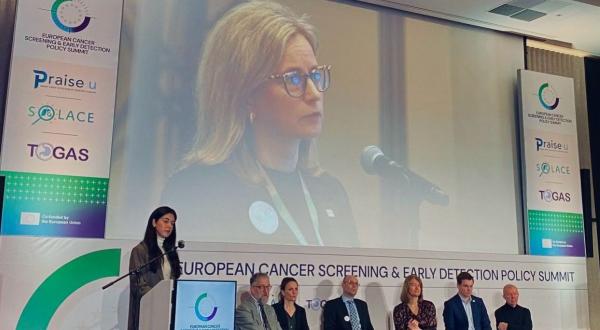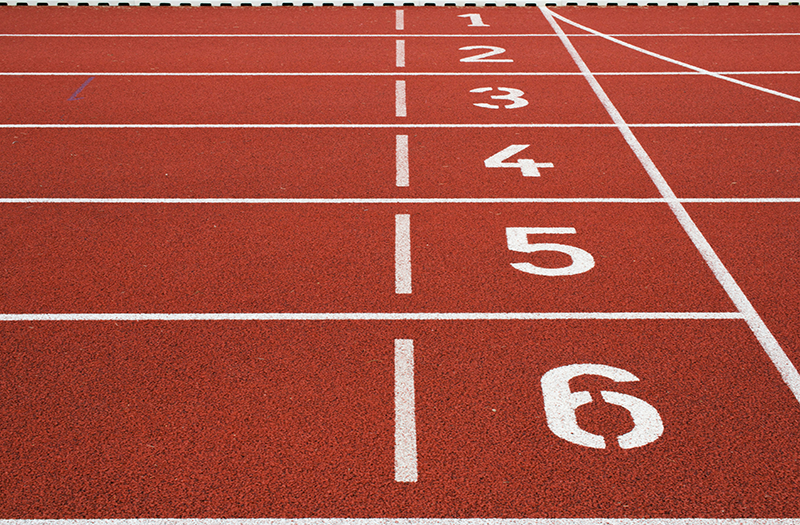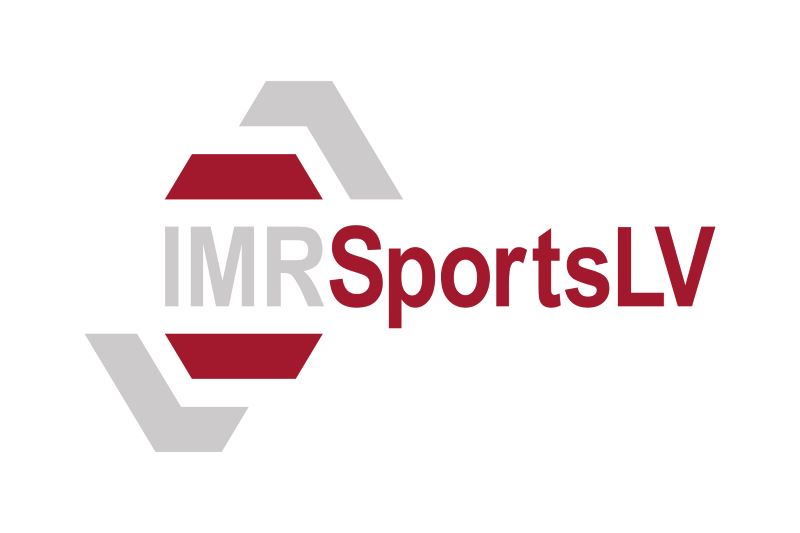The most significant research project in the sports sector in recent years has been launched
To improve Latvia’s achievements in sports, researchers from Rīga Stradiņš University (RSU), Riga Technical University (RTU), the University of Latvia, RTU Liepāja Academy, and the Latvian Academy of Sport Education have launched a nationwide research project – “Innovations, Methodologies and Recommendations for the Development and Management of the Sport Sector in Latvia”.
The project is being implemented under the national research programme Sports and will run until the end of 2026. It aims to improve the assessment of the equipment required in technical sports and develop methods for monitoring athletes’ functional abilities and health, as well as promoting the efficiency of training.
The project will not only contribute to developing policies in the industry based on research and data, but will also lead to the development of new approaches for the growth of the sector based on the scientific information generated. Project leader, RSU Assoc. Prof. Dr. med. Signe Tomsone believes that
‘this is a unique opportunity to bring together the best researchers in Latvia, who have the experience and know-how in cooperating with representatives from Latvia’s sport sector, to gain mutual synergy and to be able to implement the tasks set by the national research programme Sports.’
More than 80 researchers are involved in the project, including experienced and internationally renowned scientists, emerging researchers with a strong research record in the relevant field, master's and PhD students whose final theses are related to the research topic. The research team has expertise in sports science, computer science, biology, physics, medicine and engineering.
In line with its diverse activities, the project will involve a wide range of representatives from the sport sector - not only athletes, coaches, parents, but also professionals involved in the monitoring athletes' health (sports doctors, physicians, physiotherapists, etc.), sport managers and policy makers.
In order to implement the data collection activities planned under the project, informative and educational seminars will be organised for target groups in order to attract research participants (in the Olympic Centres in Liepāja and Valmiera, at sports schools in different regions of Latvia). In the final phase of the project, similar seminars will be organised to report on the project results and discuss the recommendations that have been prepared. Public conferences will be organised in the middle and at the end of the project.
The project has attracted funding from the national budget of almost EUR 4.2 million as part of an open competition for the national research programme Sport announced by the Latvian Council of Science. According to the tasks of the national research programme Sport, the project activities are planned to take place in separate working groups:
- sports technology development;
- the health of those involved in sports;
- sports sector monitoring.
For example, one working group will focus on developing technological tools for those involved in high-performance sports to test and improve the material properties of equipment needed for technical sports. The plan is to analyse high-performance materials and their dynamic properties, measure surface geometry and test friction properties, study and model the aerodynamic properties of different materials, and analyse the real-time movement of people and objects, providing accurate feedback on the performance of athletes in technical sports. The planned activities are related to the Riga Technical University's (RTU) previous work on tribology, metrology and slip properties of various mechanical engineering components and their compounds, in cooperation with the Latvian Luge Federation and the Latvian Bobsleigh and Skeleton Federation in the determination and improvement of the slip properties of equipment (rails).
The second working group will develop research methods and knowledge base in health and sport sciences on athletes' health, functional capacities, training methodologies and approaches to improve performance, focusing on three target groups: athletes involved in adapted and grassroots sports, and children and young people involved in sports. The project will develop recommendations for athletes, coaches, parents, sports managers, methodologies for monitoring the mental and physical health of athletes involved in grassroots sports and the health risks of children and young people involved in sports. The working group includes researchers from the Latvian Academy of Sport Education (LSPA), the University of Latvia (UL), RSU and RTU Liepaja Academy (formerly Liepaja University), who already have previous experience in working with the relevant target groups (e.g. participation in the Latvian Olympic Committee's project "Sporto visa klase", functional ability testing of children and young people at the Liepaja Olympic Centre, projects related to adapted sport and physical activity for health improvement).
The third working group will analyse the main statistical indicators of sports development and develop a tool for collecting and using sports statistics, as well as develop a classification of sports infrastructure and criteria for assessing sports infrastructure, and prepare recommendations for planning and managing sports infrastructure in Latvia. The working group includes researchers from LSPA, LU and RSU, who have experience in advising governmental and non-governmental organisations on issues in the sports sector (e.g. developing sport in the regions) and actively participated in the European Union Physical Activity and Sport Monitoring System project EUPASMOS (2018-2021) and the Baltic Sports Science Society.
The project received state budget funding of EUR 4,185,000 in the open call for proposals for the national research programme Sports, announced by the Latvian Science Council. The distribution of funding among partners is as follows: RSU - EUR 1,257,488; LU - EUR 776,824; RTU - EUR 1,667,577; LSPA - EUR 322,222; RTU Liepāja Academy - EUR 160,889.
The project “Innovations, Methodology, and Recommendations for the Development and Management of the Sports Sector in Latvia” No. VPP-IZM-Sports-2023/1-0001) receives funding from the state budget as a result of the open competition of the National Research Programme (NRP) Sports announced by the Latvian Council of Science.
The National Research Programme is a public research programme commissioned to carry out scientific research in a priority area of national interest, with the aim of generating new knowledge, skills and innovations. It supports both high-quality basic research and policy makers by providing research-based recommendations for policy development.
The Ministry of Education and Science is responsible for the implementation of the Sport 2023-2026 programme. The Latvian Science Council organises and implements the programme's call for projects, providing international external expertise in project evaluation.
Related news
 RSU Professor Maija Radziņa represents Latvia at EU cancer screening summitResearch, International Cooperation
RSU Professor Maija Radziņa represents Latvia at EU cancer screening summitResearch, International Cooperation




